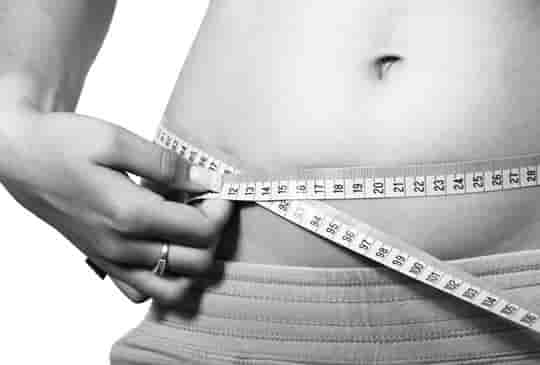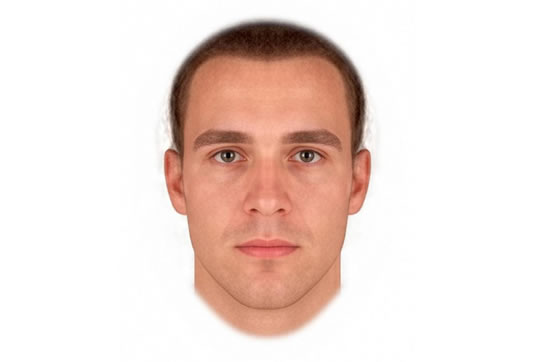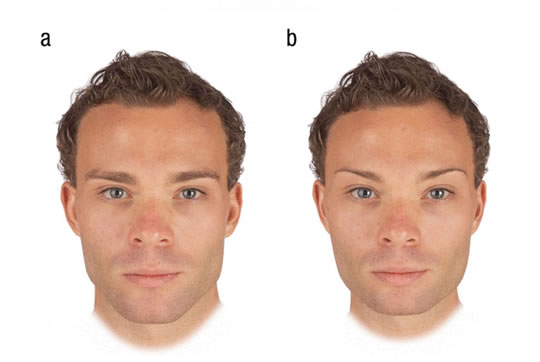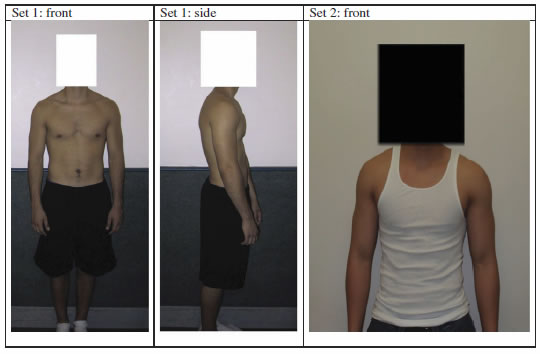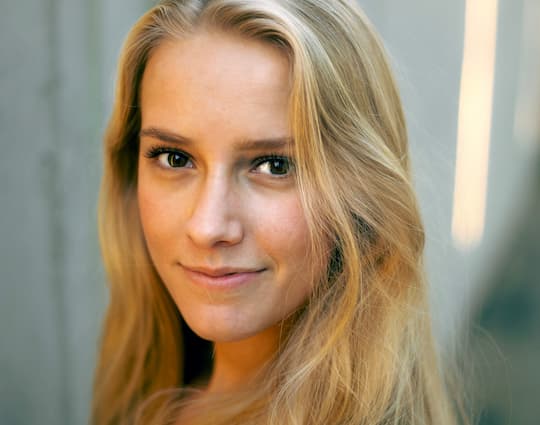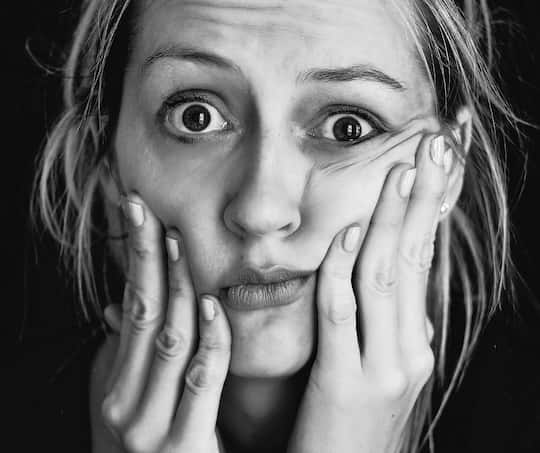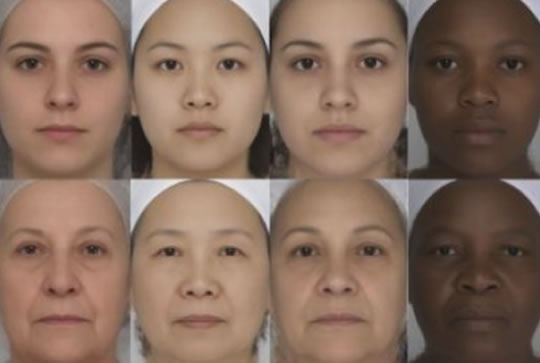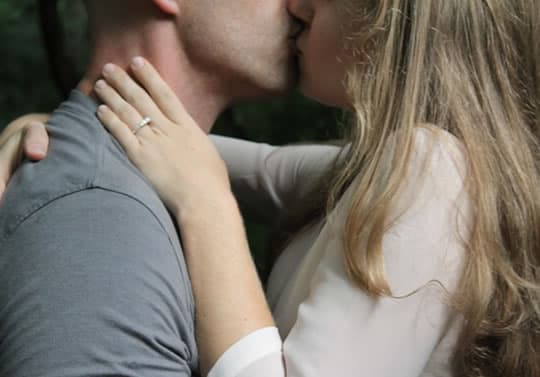Both better health and higher attractiveness were linked to the most attractive height and weight for females.
Young men prefer young women of normal weight, research finds.
Flying in the face of the size zero trend, normal weight young women are seen as more healthy-looking and attractive than skinnier peers.
‘Normal’ weight for a young woman who is the average height in the US of 1.64 metres is between 50 kg and 68 kg.
This range is higher for women who are taller and lower for those who are shorter.
Dr Vinet Coetzee, the study’s first author, said:
“We often remark on how healthy or unhealthy someone looks, but it can be very difficult to say precisely how we know this.
Scientists have been trying to answer this question for decades, and have made many breakthroughs in our understanding of health and attractiveness, but until now they have tended to overlook the influence of weight.”
What is the most attractive height and weight for a female?
Researchers asked male students to rate the attractiveness and health of a group of female students.
Dr Coetzee said:
“We studied a group of young healthy students.
However, amongst this group, those students that were rated as more overweight reported more frequent and longer lasting cold and flu bouts, used antibiotics more frequently and had higher blood pressure than the students that were considered normal weight.
Even at this young age, their health was already suffering because they were overweight, and what is more, other people can spot this in their face.”
The results showed that young women whose weight was in the normal range were considered the most attractive.
Professor David Perrett, study co-author, said:
“A take home message for young people is that maintaining a normal weight benefits current health and will improve good looks.
In our study, people in the normal weight range were judged healthier and more attractive than under or overweight individuals.
This sends a strong message to all the girls out there who believe you have to be underweight to be attractive.
The people making judgments in our study were all between the ages of 18 and 26 and they did not rate underweight girls most attractive.
They preferred normal weight girls.”
The study was published in the journal Perception (Coetzee et al., 2009).
